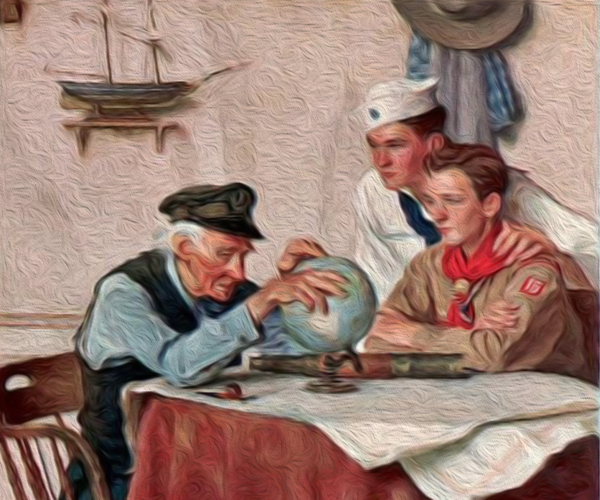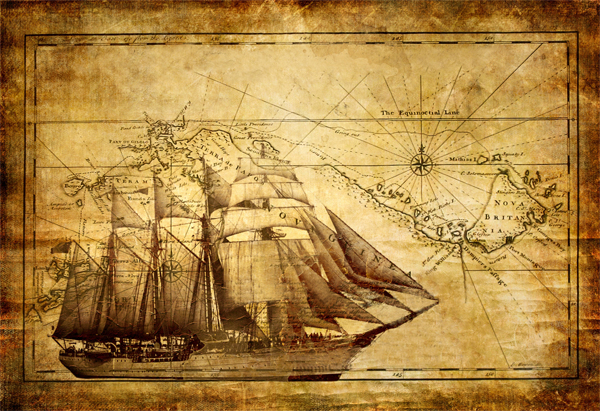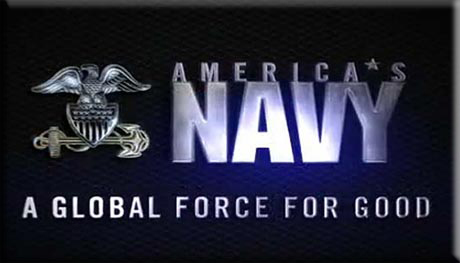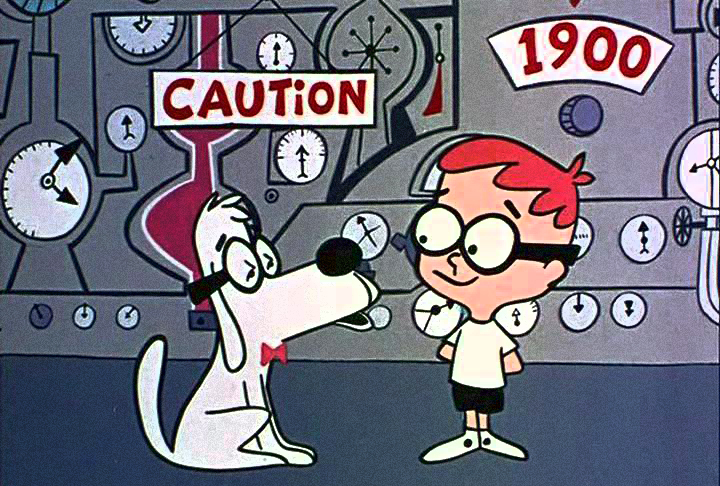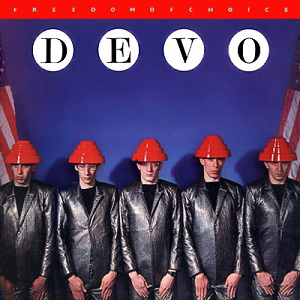
Star Wars opens on May 25, 1977
Star Wars opens: On this day in 1977, Memorial Day weekend opens with an intergalactic bang as the first of George Lucas’ blockbuster Star Wars movies hits American theaters.
The incredible success of Star Wars–it received seven Oscars, and earned $461 million in U.S. ticket sales and a gross of close to $800 million worldwide–began with an extensive, coordinated marketing push by Lucas and his studio, 20th Century Fox, months before the movie’s release date. “It wasn’t like a movie opening”, actress Carrie Fisher, who played rebel leader Princess Leia, later told Time magazine. “It was like an earthquake.” Beginning with–in Fisher’s words - “a new order of geeks, enthusiastic young people with sleeping bags”, the anticipation of a revolutionary movie-watching experience spread like wildfire, causing long lines in front of movie theaters across the country and around the world.
With its groundbreaking special effects, Star Wars leaped off screens and immersed audiences in “a galaxy far, far away”. By now everyone knows the story, which followed the baby-faced Luke Skywalker (Mark Hamill) as he enlisted a team of allies–including hunky Han Solo (Harrison Ford) and the robots C3PO and R2D2–on his mission to rescue the kidnapped Princess Leia from an Evil Empire governed by Darth Vader. The film made all three of its lead actors overnight stars, turning Fisher into an object of adoration for millions of young male fans and launching Ford’s now-legendary career as an action-hero heartthrob.
Star Wars was soon a bona-fide pop culture phenomenon. Over the years it has spawned five more feature films, five TV series and an entire industry’s worth of comic books, toys, video games and other products. Two big-screen sequels, The Empire Strikes Back (1980) and The Return of the Jedi (1983), featured much of the original cast and enjoyed the same success–both critical and commercial–as the first film. In 1999, Lucas stretched back in time for the fourth installment, Star Wars Episode I: The Phantom Menace, chronologically a prequel to the original movie. Two other prequels, Attack of the Clones (2002) and Revenge of the Sith (2005) followed.
The latter Star Wars movies featured a new cast–including Ewan McGregor, Liam Neeson, Natalie Portman and Hayden Christensen–and have generally failed to earn the same amount of critical praise as the first three films. They continue to score at the box office, however, with Revenge of the Sith becoming the top-grossing film of 2005 in the United States and the second worldwide. History Channel / Star Wars Official Site / Wikipedia / Encyclopedia Britannica

